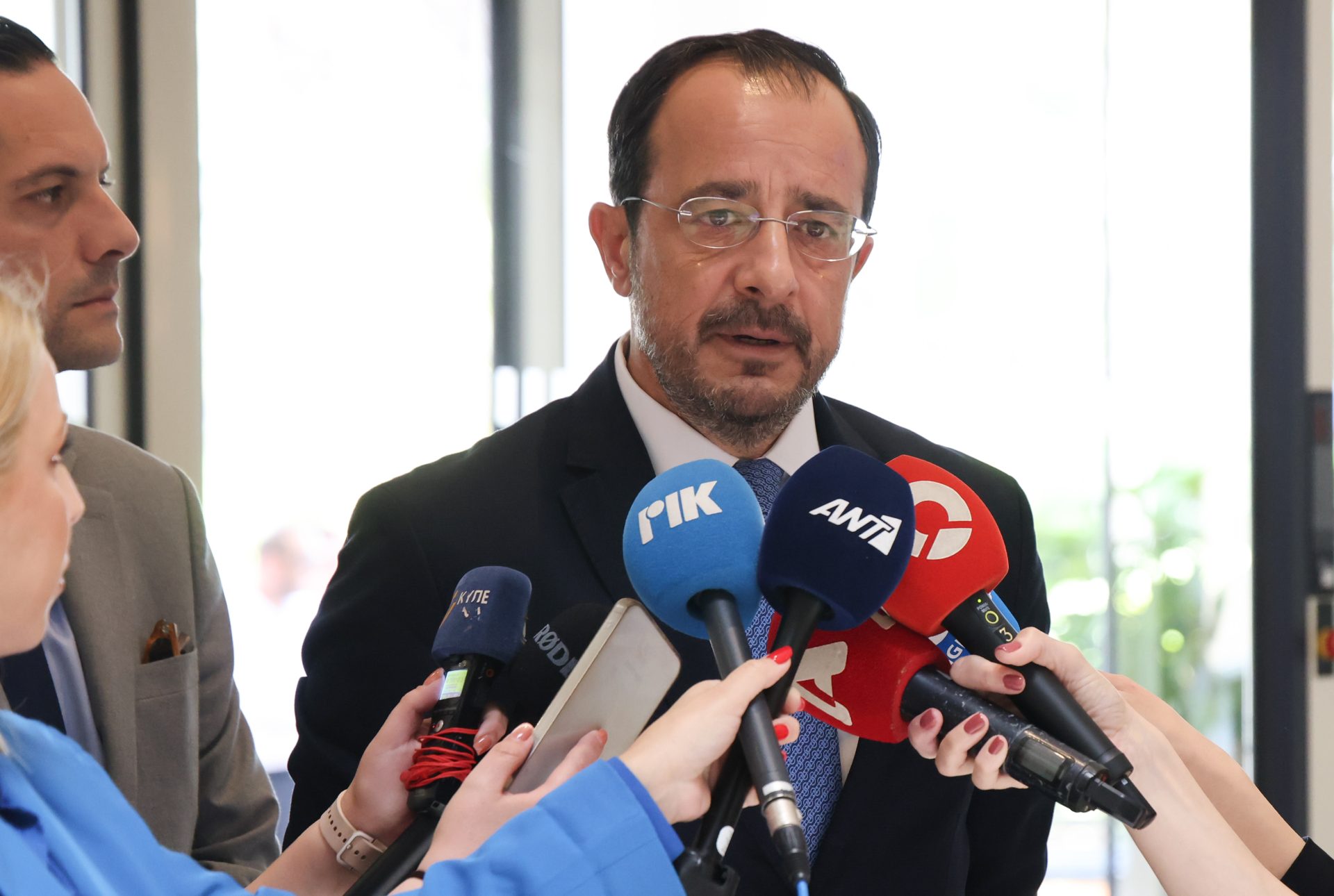A disagreement between President Nikos Christodoulides and the municipality of Famagusta has led to political tension, following comments made at a recent anti-occupation event, it was reported on Tuesday.
The president was reportedly displeased with event presenter Andreas Kazamias, who criticised the Greek Cypriot leadership over the handling of the Cyprus issue. Kazamias also referred to the recent wildfires in the Limassol mountains, which have prompted ongoing public debate.
According to reports by Politis, the president expressed his concerns directly to the mayor of Famagusta, Simos Ioannou. He warned that he may not attend future events held by the municipality if similar public criticism continues.
In response, the mayor issued a written statement distancing himself from the comments. Sources within the municipality confirmed that this move aimed to protect the institution and avoid damaging its working relationship with the presidential palace. One official said that while the content of Kazamias’ remarks was not necessarily disputed internally, it was seen as important to make a public clarification. The same source noted that cooperation with the government is essential for securing funding, organising public events, and raising awareness on the Famagusta issue.
Andreas Kazamias has previously served two terms as a municipal councillor for Akel and coordinated last year’s event. His speech this year included stronger criticism than before, according to municipal sources, particularly due to references to the July 23 wildfires in Limassol.
In a public statement following the president’s reaction, Kazamias said:
“I don’t know where he gets his arrogance from. I would advise him to be more careful.”
Akel municipal councillor Christoforos Larkou, who belongs to the same group as the mayor, posted on social media in support of Kazamias. He described the presenter’s comments as defending the dignity of Famagusta residents and Cypriot refugees. The wildfire that struck the Limassol district last month destroyed homes, businesses, and forest areas. The blaze, driven by high winds and heat, forced evacuations and drew emergency services from across the island.
Internal reviews by the fire service and forestry department concluded that protocols were followed. However, media reports and public commentary have pointed to gaps in coordination, slow response times, and the lack of a national alert system.
Cyprus had previously been encouraged by the European Union to implement an early warning mechanism through the EU Civil Protection Mechanism. This system was not active at the time of the fire. Although officials have defended the state’s response, concerns remain over preparedness and communication during emergencies. The president’s decision to raise the issue with the Famagusta mayor has now drawn attention to the broader question of how public institutions engage in national dialogue. The municipality of Famagusta, which represents a community displaced since 1974, often relies on state support to continue its public outreach and cultural events.
For now, the mayor’s clarification appears to have calmed the situation. However, discussions over the balance between political support and free expression continue within both local and national circles.






Click here to change your cookie preferences